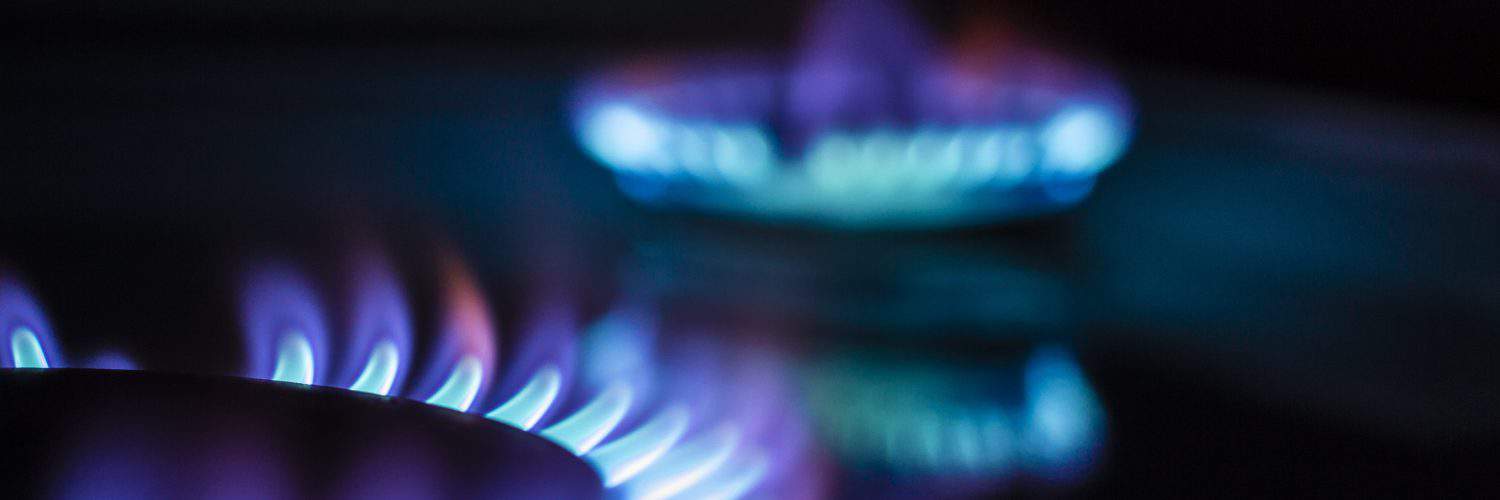Henry Hub natural gas futures for July are trading at US$3.05/MMBtu as of 3pm EDT Thursday afternoon, after reaching a high of US$3.15/MMBtu on Tuesday. Both the Henry Hub July contract and the Henry Hub spot price have traded within a $0.27 US/MMBtu range over the past five and a half weeks. July contract’s open and close positions have settled between $2.92 and $3.18, and daily spot prices have settled between $2.78 and $3.05 US/MMBtu over this same stretch. We believe the spot market will maintain its recent range, with June being the highest priced month, for the remainder of summer. Prices will need to stay this high to achieve a reasonable injection season performance, ensuring that storage inventories are sufficient before the next heating season. Q2 spot gas prices have not been this high since 2018. We believe these price levels will keep power burn demands low enough to accommodate for the high US LNG feedgas runs that have been going on (over 93% utilization) since Nov 2020, apart from February. On the production side, month-over-month, May US production was up 0.5 bcf/d, we do not expect production to continue increasing over the summer but expect recent levels to be maintained (91.5 – 92.0 bcf/d).
The EIA estimated working gas storage was 2,313 Bcf for the week ending May 28th, following an injection of 98 Bcf. Storage levels are now 14.3% below year-ago levels and, relative to the five-year average, 2.6% less. This report was in line with market expectations which ranged from 95-97 Bcf. Without a significant storage surprise today, futures prices are down 2 cents from yesterday’s close of US$3.075MMBtu.
In Canada, the AECO 5A index settled at an average price of C$2.93/GJ in May, up 10.6% from April, while the Dawn Next Day index settled at C$3.17/GJ, up 5.8% from April’s average. Prompt-month futures for AECO are trading at C$2.93/GJ, while Dawn is trading at C$3.26/GJ with week-over-week decreases of $0.03/GJ at both AECO and Dawn. Canadian natural gas storage for the week ending May 28th, 2021, was sitting at 378 Bcf, after an overall injection of 15 Bcf. This injection increases storage inventories to 64 Bcf below the 5-year average and 51 Bcf below storage levels last year at this time. Eastern storage levels are now at 42% capacity and Western storage is 45% full.
– Karyn Morrison, Energy Advisor








Add comment